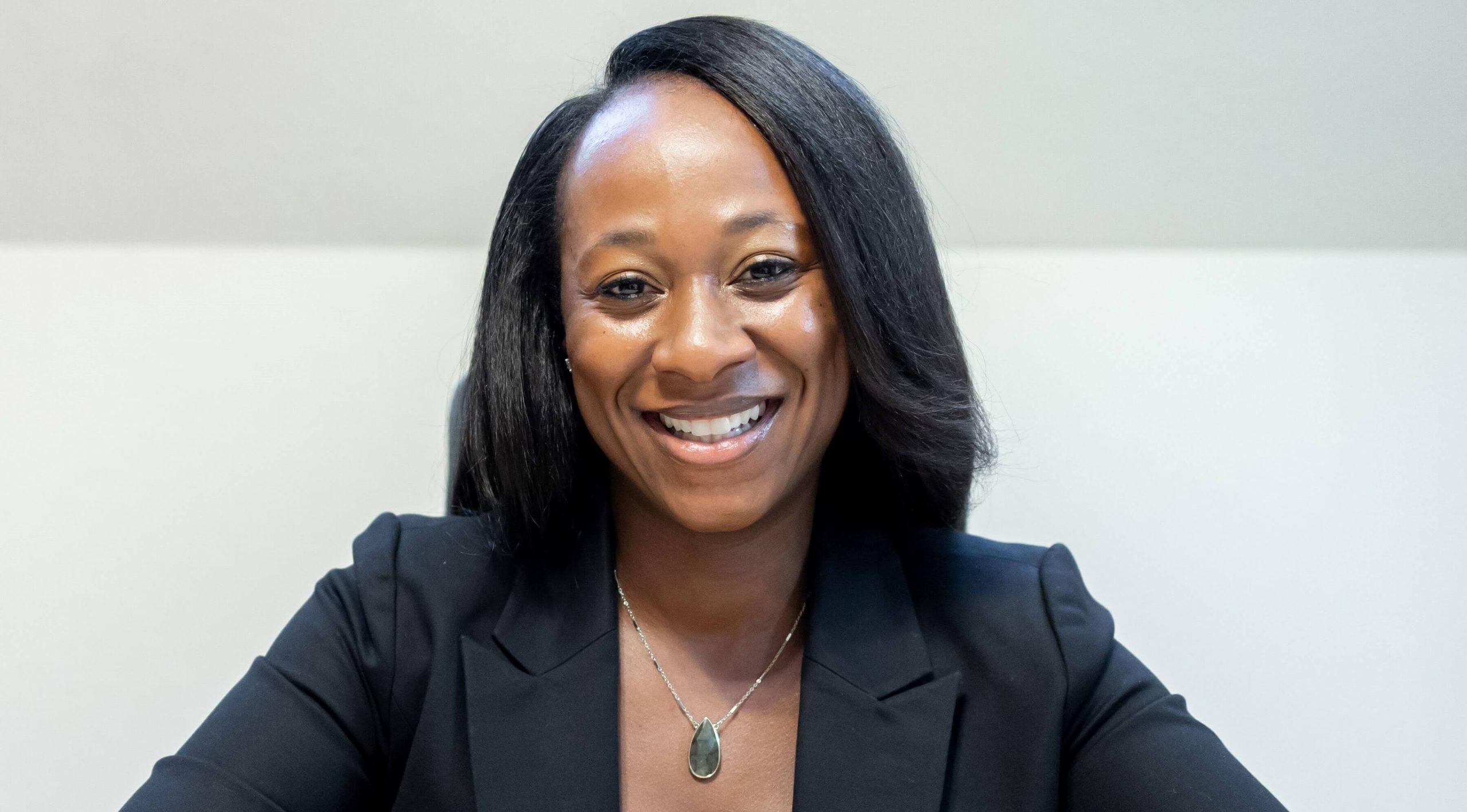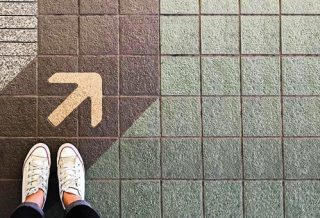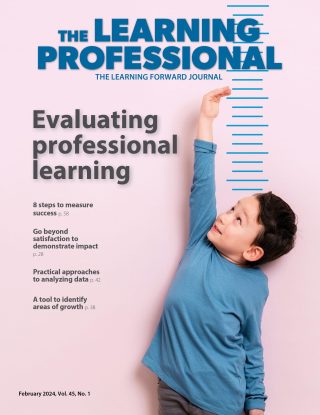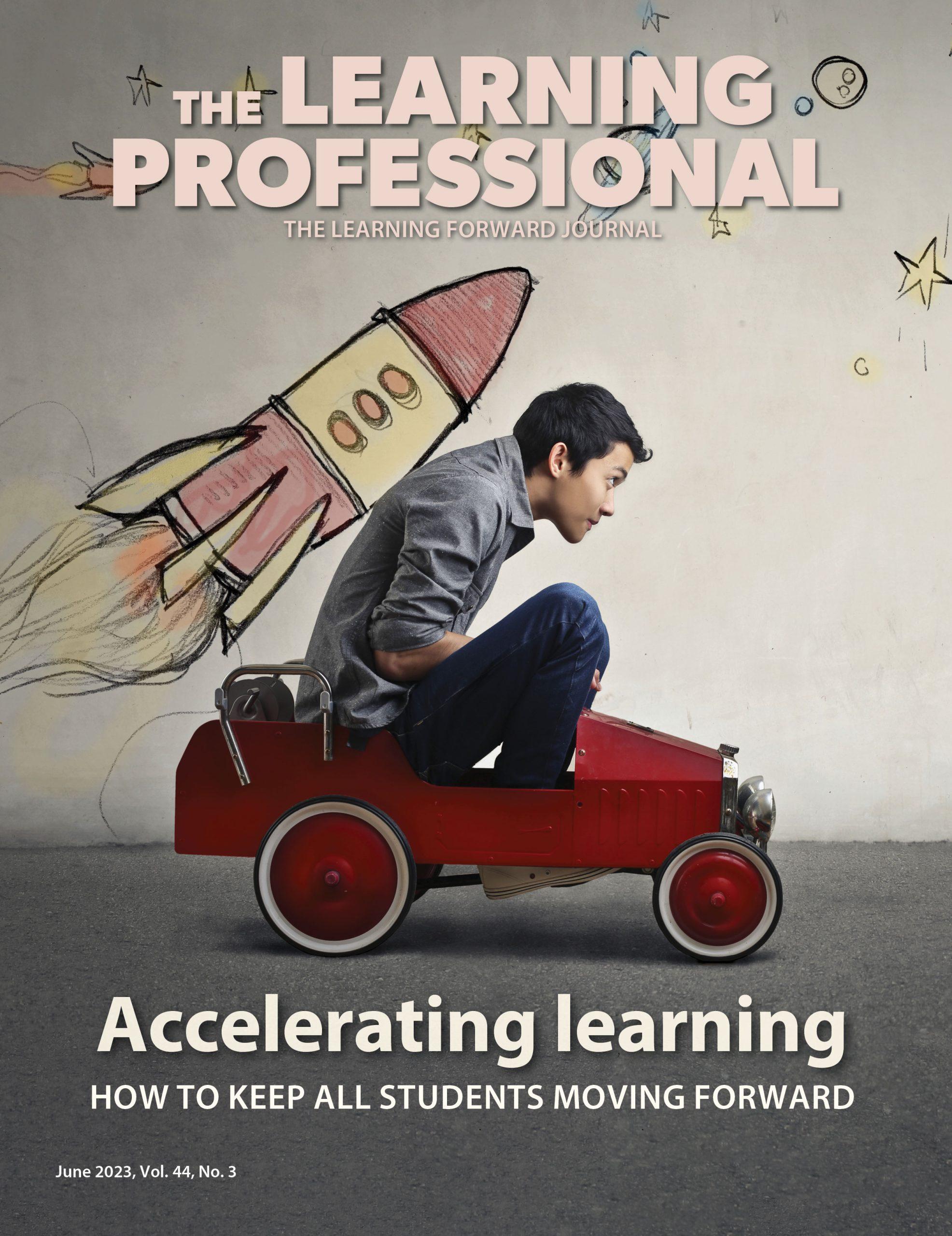FOCUS
Classroom vignettes shed light on cultural competence
By Aaliyah Baker and Nina F. Weisling
Categories: Continuous improvement, Equity, Evaluation & impact, System leadershipDecember 2022
Read the remaining content with membership access. Join or log in below to continue.
Sed ut perspiciatis unde omnis iste natus error sit voluptatem accusantium doloremque laudantium, totam rem aperiam, eaque ipsa quae ab illo inventore veritatis et quasi architecto beatae vitae dicta sunt explicabo. Nemo enim ipsam voluptatem quia voluptas sit aspernatur aut odit aut fugit, sed quia consequuntur magni dolores eos qui ratione voluptatem sequi nesciunt. Neque porro quisquam est, qui dolorem ipsum quia dolor sit amet, consectetur, adipisci velit, sed quia non numquam eius modi tempora incidunt ut labore et dolore magnam aliquam quaerat voluptatem.
Reflection prompts
- What are my initial gut reactions to this vignette and why?
- What are the educators’ assumptions or biases in the scenario?
- What assumptions or biases are present in my own reflections about this scenario?
- What questions would I ask of the characters in the vignette to better understand the perspectives of the teachers and students?
- What questions should I ask myself to understand what has shaped my own perspective?
- In collaboration with others, what questions can I ask or stories can I offer to push my own thinking and the group discussion around cultural competence in the classroom?
- What next steps do I need to take to grow in my understanding of and ability to reflect on these scenarios with more nuance? What additional learning (and unlearning) do I need to do as a result of my reflections?
References
America & Moore. (n.d.). 21-day racial equity habit building challenge: Educator edition. www.eddiemoorejr.com/21-day-racial-equity-habit-building-challenge-educator
Delpit, L.D. (2006). Other people’s children: Cultural conflict in the classroom. New Press.
Due East Educational Equity Collaborative. (n.d.). Culturally responsive pedagogy (CRP) self-assessment and reflective conversations. dueeast.org/wp-content/uploads/Culturally-Responsive-Pedagogy-CRP-Self-assessment.pdf
Gershenson, S., Holt, S., & Papageorge, N. (2015). Who believes in me?: The effect of student-teacher demographic match on teacher expectations. Economics of Education Review, 209-224. 10.17848/wp15-231
Good, T. & Nichols, S. (2001). Expectancy effects in the classroom: A special focus on improving the reading performance of minority students in first-grade classrooms. Educational Psychologist, 36(2), 113-126. doi.org/10.1207/S15326985EP3602_6
Hammond, Z. (2014). Culturally responsive teaching and the brain: Promoting authentic engagement and rigor among culturally and linguistically diverse students. Corwin.
Hollie, S. (2018). Culturally and linguistically responsive teaching and learning: Classroom practices for student success (2nd ed.). Shell Education.
Huynh, V.W. (2012). Ethnic microaggressions and the depressive and somatic symptoms of Latino and Asian American adolescents. Journal of Youth and Adolescence, 7, 831. doi.org/10.1007/s10964-012-9756-9
Karimi, F. & Willingham, A.J. (2020, September 10). What makes ‘Lift Every Voice and Sing’ iconic. CNN. www.cnn.com/interactive/2020/09/us/lift-every-voice-and-sing-trnd/
Kauer, H. (2019, May 30). A New York teacher made Black students act as slaves in mock auctions. www.cnn.com/2019/05/30/us/ny-school-mock-slave-auction-trnd
Ladson-Billings, G. (2002). But that’s just good teaching: The case for culturally relevant pedagogy. In S.J. Denbo & L.M. Beaulieu (Eds.), Improving schools for African American students: A reader for educational leaders (pp. 95-102). Charles C Thomas Publisher, Ltd.
Ladson-Billings, G. (2021). Culturally relevant pedagogy: Asking a different question. Teachers College Press.
Michigan League for Public Policy. (2020). 21-day racial equity challenge. mlpp.org/21-day-racial-equity-challenge/
Milner, H.R., Cunningham, H.B., Delale-O’Connor, L., & Kestenberg, E.G. (2019). “These kids are out of control”: Why we must reimagine “classroom management” for equity. Corwin.
Muhammad, G. (2020). Cultivating genius: An equity framework for culturally and historically responsive literacy. Scholastic.
Muhammad, G. (2023). Unearthing joy: A guide to culturally and historically responsive teaching and learning. Scholastic.
Muñiz, J. (2020, September). Culturally responsive teaching: A reflection guide. New America.
NEA Center for Social Justice (2021). Implicit bias, microaggressions, and stereotypes resources. www.nea.org/resource-library/implicit-bias-microaggressions-and-stereotypes-resources
NYU/Steinhardt. (2022). Culturally responsive curriculum scorecards. steinhardt.nyu.edu/metrocenter/ejroc/services/culturally-responsive-curriculum-scorecards
Siwatu, K.O., Putnam, M., Starker, T.V., & Lewis, C. (2017). The development of the culturally responsive classroom management self-efficacy scale: Development and initial validation. Urban Education, 52(7), 862-888.
Taie, S. & Goldring, R. (2020). Characteristics of public and private elementary and secondary school principals in the United States: Results from the 2017-18 National Teacher and Principal Survey. National Center for Education Statistics.
United Way of Central Iowa. (2021). 21-day equity challenge. www.unitedwaydm.org/equity-challenge
Categories: Continuous improvement, Equity, Evaluation & impact, System leadership
Recent Issues
TAKING THE NEXT STEP
December 2023
Professional learning can open up new roles and challenges and help...
REACHING ALL LEARNERS
October 2023
Both special education and general education teachers need support to help...
THE TIME DILEMMA
August 2023
Prioritizing professional learning time is an investment in educators and...
ACCELERATING LEARNING
June 2023
Acceleration aims to ensure all students overcome learning gaps to do...













